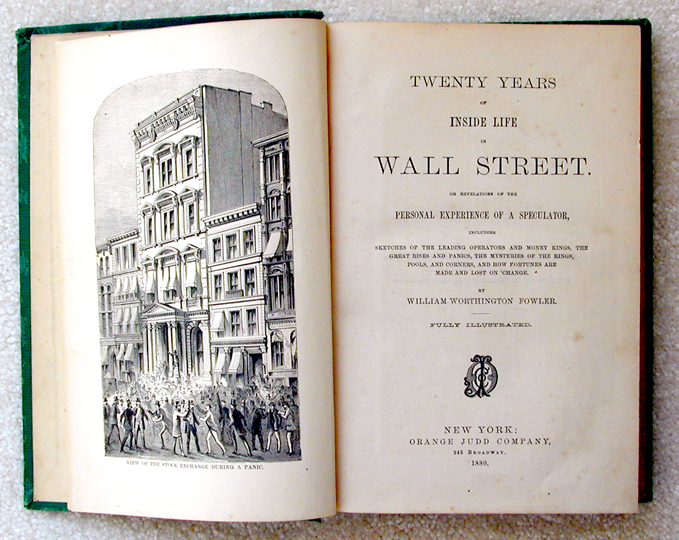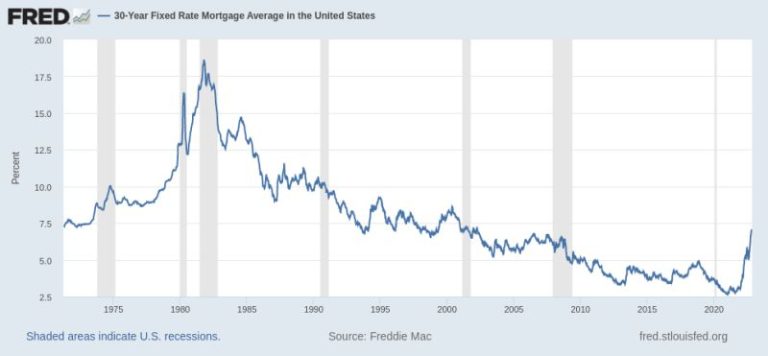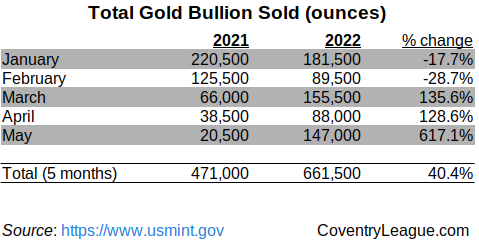Author Michael Lewis recently wrote an article in Bloomberg Businessweek titled How Not to Lose Your Soul: A Handy guide for Young Bankers. Lewis has written many interesting books and articles including Liar’s Poker: Rising Through the Wreckage on Wall Street, Moneyball: The Art of Winning an Unfair Game, and The Temptation of St. Warren, just to name a few. Lewis worked as a bond salesman at Salomon Brothers’ London office in the mid-1980s after earning a degree in art history from Princeton and a Master’s degree in economics from the London School of Economics. |
These observations seem to apply to other careers, too, particularly in healthcare and education. For example, many aspiring doctors and ones early in their career have noble and caring ambitions; some of these same doctors eventually become disenfranchised by a system that is bureaucratic, inefficient, corrupt, and driven by greed.
Nevertheless, the article is brief, so we encourage you to read the whole piece as Lewis refers to several occupational hazards of working on Wall Street, including some often overlooked ones:
Anyone who works in finance will sense, at least at first, some pressure to pretend to know more than he/she does. [What one pretends to know is unknowable.]
Anyone who works in Big Finance will also find it surprisingly hard to form deep attachments to anything greater than him/herself. [People inside a big firm have no serious stake in its long-term fate; they can do what they’re doing at some other firm—so long as they maintain their stature in their market.]
More generally, anyone in Big Finance will feel enormous pressure to not disrupt or question existing arrangements. [The financial sector fiercely resists useful, disruptive entrepreneurship and market-based change. It also has the resources—monetarily and politically—to prevent these improvements from happening.]
In summary, he suggests that the intense pressure to conform, to not make waves, has got to be the most depressing part of life in finance for a genuinely ambitious young person. He also recognizes the opportunity—and need— for a Silicon Valley-style scorched-earth entrepreneurship on Wall Street right now.


